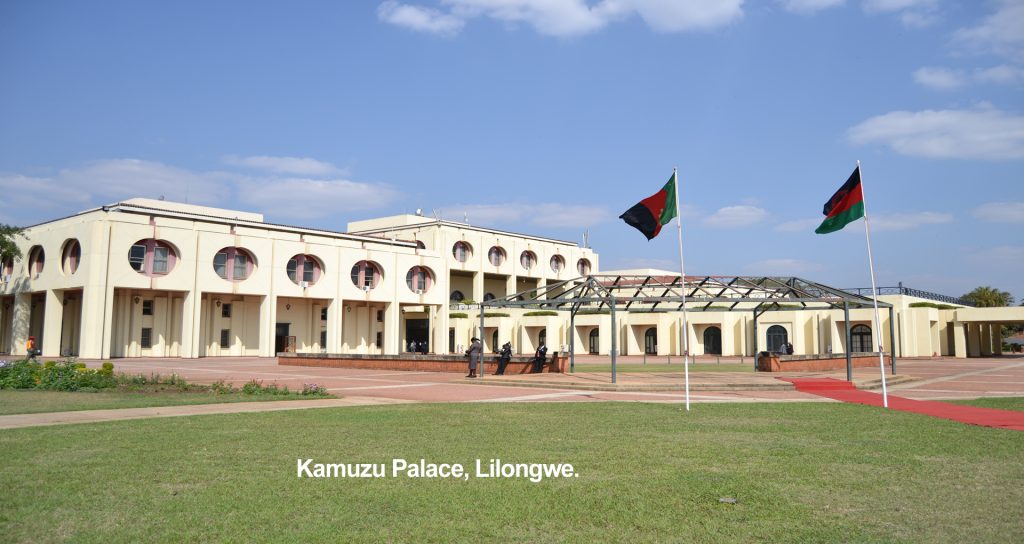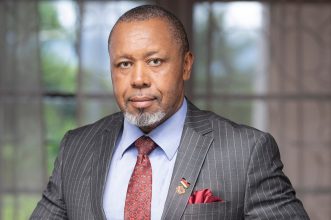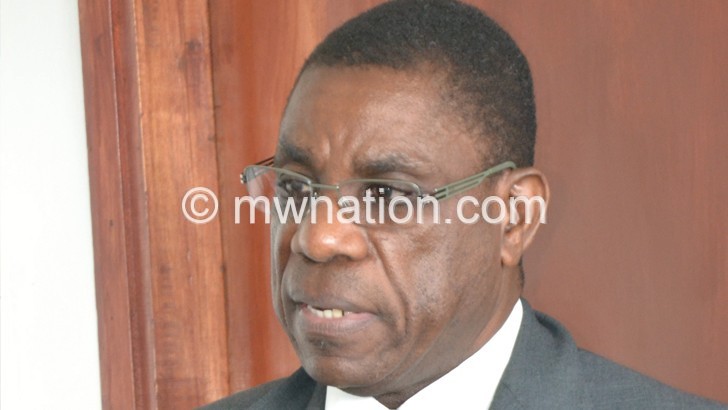NEEF backs State House
The National Economic Empowerment Fund (Neef) has backed its decision to offer personal loans to State Residences staff, saying the arrangement is part of the government-backed employee loans.
Neef credit manager Whyghtone Mweta in an interview yesterday said there is no politicisation of the fund and State Residence staff will get the loans in the same manner the fund extended a similar facility to National Public Events, Electricity Supply Corporation of Malawi and others.

He said:“As an institution, we have been giving loans to staff at the State Residence from the Malawi Enterprise Development Fund era under the same arrangement of the employer-suppor ted loan.There is nothing out of the ordinary.”
Mweta also described as untrue reports that the loans extended to State residences staff are being obtained by those in senior positions.
“It is not true that the loans are being abused and being obtained largely by those in power. So the claim about politicisation and abuse is something that we may call a hangover from the previous institution rather than reality during the Neef time,” he said.
His explanation followed a leaked State Residences internal communication from the director of social welfare dated May 24 2024 amid queries on social media platforms on why Neef was extending loans to State House instead of other deserving Malawians who have no access to credit for business.
Reads the letter in part: “This is to inform you all that the National Economic Empowerment Fund has accepted to give personal loans to State Residences members of staff.
“However, loans will only be given to members of staff without outstanding loans with other lending institutions”
The development comes at a time Neef is failing to recover K20 billion which has been defaulted by some creditors and wrote off K6 billion in April.
To date, Neef has disbursed about K109 billion in loans but projected repayment stands at K86 billion.
Mweta confirmed that Neef has collected about K66 billion and that K20 billion was defaulted.
He said: “Expected loan repayments were around K86 billion, but we have collected about K66 billion of that and we are in pursuit of defaulters. We have a fully-fledged recovery section and we are on the ground working very hard to recover the funds.
“We are not relenting, and let me tell you that even the money you heard that had been written off, is being pursued. Writing off is an accounting thing, but we are still pursuing those loans.”
But Catholic Commission for Justice and Peace national coordinator Boniface Chibwana yesterday said the process of identifying beneficiaries was faulty and urged Neef to step up recovery efforts.
He said: “We can’t deny the fact that political inclination plays a role in identification of beneficiaries. These people find it very difficult to repay the loans.
“So, we need to improve on identification then train these people on how to do business and repayment of loans. Unemployment is high, and this resource is supposed to help reduce that gap, yet it goes to people who do not deserve it.”
In a separate interview, Public Accounts Committee of Parliament chairperson Mark Botomani said expectations were high on Neef, but, so far, delivery has been disappointing.
He said: “We [the committee] wrote Neef to explain why it decided to write off K6 billion and they have sent us a detailed report. But we are summoning its management to come and explain things.
“This and the default rate is very worrisome. The fund is supposed to help people, but it seems nothing much is being done to achieve that.”
But Mweta insisted that Neef’s current collection rate, at 75 percent, was outstanding.
“This represent s significant progress considering our historical collection rate of less than 30 percent before Neef started lending operations,” he said.
From 2005 to 2020, about K20 billion was allocated to the institution then called M a l a w i En t e r p r i s e Development Fund, a successor of the Malawi Rural Development Fund.
The loans, with an interest rate of two percent per month, range from K250 000 to K250 million, an improvement from the past when they ranged from K50 000 to K75 million with an interest of four percent per month.
The age bracket for beneficiaries was also revised to between 18 and 75 from the previous 18 to 60.






It’s nearly impossible to find knowledgeable people in this particular topic, but you seem like you know what you’re talking about!
Thanks